The US secretary of state called for universal standards that apply to all nations, prompting rights groups to urge the administration to live up to its rhetoric.
US secretary of state Hillary Clinton unveiled a US human rights agenda on Monday calling for universal standards that apply to all nations, prompting rights groups to urge the administration to live up to its rhetoric.
Just days after president Barack Obama accepted the Nobel Peace Prize while defending the concept of a just war, Clinton outlined a human rights policy calling for people to be free from tyranny but also free to "seize the opportunities of a full life."
Human rights experts said the speech was important, coming at a time when the Obama administration's message on human rights had become increasingly muddied but they said the proof would be in the administration's actions.
Clinton angered rights groups in February when she said US concerns about human rights in China would not disrupt financial or other diplomatic relations with Beijing.
An op-ed piece in The Washington Post sharply criticised the administration on Sunday, saying that "from China to Sudan, from Burma to Iran, a president lauded for his commitment to peace has dialed down a US commitment to human rights."
Clinton, in her speech at Georgetown University, outlined a pragmatic approach toward human rights that would press for democratic principles and development but be flexible in the methods it used to pursue the policy.
"This administration, like others before us, will promote, support and defend democracy," she said. "Democracy has proven the best political system for making human rights a reality over the long term."
Clinton said a commitment to human rights started with universal principles. She noted that Obama wanted the Guantanamo prison closed and had issued an executive order his second day in office prohibiting the use of torture by any US official. She said the United States would report next year on human trafficking both at home and abroad, and would participate in a UN review of "our own human rights record, just as we encourage other nations to do."
Rights experts welcomed the address, but said the administration must follow through.
"It goes a long way to laying out a vision of where human rights sits in the Obama administration," said Sarah Mendelson, head of the Human Rights and Security Initiative at the Center for Strategic and International Studies think tank.
She said Clinton's discussion of the United States' own compliance with human rights principles was a philosophical shift from the Bush administration.
"By placing our own human rights record as fundamental ... that is really, I think for a lot of us, very critical, very important," Mendelson said.
Amnesty International said Clinton "rightly identifies accountability as the centerpiece of any successful human rights agenda for the United States."
"But if the administration means what it says, then it needs to follow through and back up rhetoric with action. Discussion of human rights can't be an empty rebranding exercise."
Clinton said the administration's approach to pursuing its rights agenda would be "pragmatic and agile," upholding its principles but "doing what is most likely to make them real."
"When old approaches aren't working, we won't be afraid to attempt new ones," Clinton said, pointing to the recent US efforts at engaging the military-led government in Myanmar after years of trying to isolate it.
She said the United States would approach major powers like China and Russia with "principled pragmatism," recognising that cooperation is critical to the global economy and for dealing with security issues like North Korea's nuclear programme.
In both countries, she said, the United States would engage with the government as well as individuals or groups that are working to advance human rights and democracy.
"We support change driven by citizens and their communities," Clinton said. "The project of making human rights a human reality cannot be just a project for governments. It requires cooperation among individuals and organisations."
![submenu-img]() 'What was that?': Aparshakti Khurana got angry phone call from Amar Kaushik for 'PR game' remark on Stree 2 credit war
'What was that?': Aparshakti Khurana got angry phone call from Amar Kaushik for 'PR game' remark on Stree 2 credit war![submenu-img]() Afghanistan vs New Zealand, One-off Test: Date, time, venue, live streaming, tickets - All you need to know
Afghanistan vs New Zealand, One-off Test: Date, time, venue, live streaming, tickets - All you need to know![submenu-img]() This college turned down Gautam Adani’s application, after 46 years called to honour him
This college turned down Gautam Adani’s application, after 46 years called to honour him![submenu-img]() Is Flipkart Minutes the new Santa? Bengaluru man gets free PS5 with TV order
Is Flipkart Minutes the new Santa? Bengaluru man gets free PS5 with TV order![submenu-img]() Deepika Padukone, Ranveer Singh visit Mumbai hospital with families; spark speculations about baby's birth
Deepika Padukone, Ranveer Singh visit Mumbai hospital with families; spark speculations about baby's birth![submenu-img]() Jammu-Kashmir Election: उमर अब्दुल्ला के बयान पर राजनाथ सिंह का पलटवार, 'अफजल गुरु को माला पहनाएं?'
Jammu-Kashmir Election: उमर अब्दुल्ला के बयान पर राजनाथ सिंह का पलटवार, 'अफजल गुरु को माला पहनाएं?'![submenu-img]() Bihar Politics: बिहार की राजनीति में फिर होने वाला है खेला? नीतीश कुमार की सफाई में छिपे हैं संकेत
Bihar Politics: बिहार की राजनीति में फिर होने वाला है खेला? नीतीश कुमार की सफाई में छिपे हैं संकेत![submenu-img]() दिल्ली शराब घोटाले में CBI ने आखिरी चार्जशीट रखी सामने, केजरीवाल के शामिल होने को लेकर दी बड़ी जानकारी
दिल्ली शराब घोटाले में CBI ने आखिरी चार्जशीट रखी सामने, केजरीवाल के शामिल होने को लेकर दी बड़ी जानकारी![submenu-img]() 'ग्राहक यादव, दलित, किसी भी जाति का हो सकता था, वो डकैत था'... मंगेश यादव के एनकांउटर पर CM योगी का अखिलेश को जवाब
'ग्राहक यादव, दलित, किसी भी जाति का हो सकता था, वो डकैत था'... मंगेश यादव के एनकांउटर पर CM योगी का अखिलेश को जवाब![submenu-img]() वनडे और टी20 टीम में नहीं मिली जगह तो इस दिग्गज ने कर दिया संन्यास का ऐलान, अब नहीं खेलेगा इंटरनेशनल क्रिकेट
वनडे और टी20 टीम में नहीं मिली जगह तो इस दिग्गज ने कर दिया संन्यास का ऐलान, अब नहीं खेलेगा इंटरनेशनल क्रिकेट![submenu-img]() Skoda-Auto Volkswagen India to invest Rs 15000 crore to set up EV plant in…
Skoda-Auto Volkswagen India to invest Rs 15000 crore to set up EV plant in…![submenu-img]() Hyundai Venue E+ with electric sunroof launched in India; price starts at Rs…
Hyundai Venue E+ with electric sunroof launched in India; price starts at Rs…![submenu-img]() DNA Auto Awards 2024: Maruti Suzuki Swift nominated for ‘CAR OF THE YEAR’; check price, features
DNA Auto Awards 2024: Maruti Suzuki Swift nominated for ‘CAR OF THE YEAR’; check price, features![submenu-img]() DNA Auto Awards 2024: Hyundai Alcazar Facelift nominated for ‘CAR OF THE YEAR’; check details
DNA Auto Awards 2024: Hyundai Alcazar Facelift nominated for ‘CAR OF THE YEAR’; check details![submenu-img]() Hyundai Creta Knight Edition launched in India: Check price, features, design
Hyundai Creta Knight Edition launched in India: Check price, features, design![submenu-img]() Meet IIT topper who left corporate job to become IAS officer, failed four times in UPSC exam, he is...
Meet IIT topper who left corporate job to become IAS officer, failed four times in UPSC exam, he is...![submenu-img]() BIG UPDATE! UGC NET answer key 2024 to be released soon at...
BIG UPDATE! UGC NET answer key 2024 to be released soon at...![submenu-img]() Meet woman, mill worker’s daughter who lost mother during UPSC preparations, still cracked it with AIR 14, she is now...
Meet woman, mill worker’s daughter who lost mother during UPSC preparations, still cracked it with AIR 14, she is now...![submenu-img]() Meet man, 54-year-old engineer who left his high-paying job to crack NEET exam but there's a twist
Meet man, 54-year-old engineer who left his high-paying job to crack NEET exam but there's a twist![submenu-img]() Meet IIT-JEE topper with AIR 1, who quit IIT Bombay after a year due to...
Meet IIT-JEE topper with AIR 1, who quit IIT Bombay after a year due to...![submenu-img]() Mumbai: Fire Breaks Out At Times Tower In Mumbai, 9 Fire Units Deployed
Mumbai: Fire Breaks Out At Times Tower In Mumbai, 9 Fire Units Deployed![submenu-img]() 'Dharavi Project Is About Restoring Dignity...', Says Gautam Adani | Dharavi Redevelopment Project
'Dharavi Project Is About Restoring Dignity...', Says Gautam Adani | Dharavi Redevelopment Project![submenu-img]() Kolkata Doctor Case: CBI Visits RG Kar, Seizes Documents On Funds Used During Sandip Ghosh’s Tenure
Kolkata Doctor Case: CBI Visits RG Kar, Seizes Documents On Funds Used During Sandip Ghosh’s Tenure![submenu-img]() Giriraj Singh Attacked: Union Minister Giriraj Singh Assaulted In Begusarai, Bihar; Accused Arrested
Giriraj Singh Attacked: Union Minister Giriraj Singh Assaulted In Begusarai, Bihar; Accused Arrested![submenu-img]() Haryana Assembly Election 2024: Haryana Assembly Election Date Changed, Check Details Here
Haryana Assembly Election 2024: Haryana Assembly Election Date Changed, Check Details Here![submenu-img]() This college turned down Gautam Adani’s application, after 46 years called to honour him
This college turned down Gautam Adani’s application, after 46 years called to honour him![submenu-img]() Business heartthrob Vaibhav Maloo pursues his childhood dreams in the digital world by launching InfoProfile
Business heartthrob Vaibhav Maloo pursues his childhood dreams in the digital world by launching InfoProfile ![submenu-img]() Skoda-Auto Volkswagen India to invest Rs 15000 crore to set up EV plant in…
Skoda-Auto Volkswagen India to invest Rs 15000 crore to set up EV plant in…![submenu-img]() This Mukesh Ambani Reliance share plummets 30% in weeks, investors caught in lower circuit trap
This Mukesh Ambani Reliance share plummets 30% in weeks, investors caught in lower circuit trap![submenu-img]() Hyundai Venue E+ with electric sunroof launched in India; price starts at Rs…
Hyundai Venue E+ with electric sunroof launched in India; price starts at Rs…![submenu-img]() Meet Yesha Sagar, Indian-Canadian model and actress making waves as cricket presenter
Meet Yesha Sagar, Indian-Canadian model and actress making waves as cricket presenter![submenu-img]() Meet actress who never got lead roles, still turned superstar, one rumour ruined her career, became second wife of...
Meet actress who never got lead roles, still turned superstar, one rumour ruined her career, became second wife of...![submenu-img]() Sundar Pichai to Mark Zuckerberg: 10 tech leaders from Time's 2024 AI 100 list
Sundar Pichai to Mark Zuckerberg: 10 tech leaders from Time's 2024 AI 100 list![submenu-img]() Meet actress worth Rs 10000 cr, among youngest billionaires ever, once had no money for gas, now richer than SRK, Salman
Meet actress worth Rs 10000 cr, among youngest billionaires ever, once had no money for gas, now richer than SRK, Salman![submenu-img]() Top six signs of high cholesterol on face that you must not ignore
Top six signs of high cholesterol on face that you must not ignore ![submenu-img]() Is Flipkart Minutes the new Santa? Bengaluru man gets free PS5 with TV order
Is Flipkart Minutes the new Santa? Bengaluru man gets free PS5 with TV order![submenu-img]() CM Himanta Biswa Sarma sets this condition for new Aadhaar card applicants in Assam
CM Himanta Biswa Sarma sets this condition for new Aadhaar card applicants in Assam![submenu-img]() Government discharges Ex-IAS Trainee Puja Khedkar over examination fraud with immediate effect
Government discharges Ex-IAS Trainee Puja Khedkar over examination fraud with immediate effect ![submenu-img]() Kolkata doctor rape-murder case: DNA report suggests Sanjay Roy lone accused, CBI to file chargesheet
Kolkata doctor rape-murder case: DNA report suggests Sanjay Roy lone accused, CBI to file chargesheet![submenu-img]() This city is all set to get India's fastest metro train service; check route, timeline, distance, top speed and more
This city is all set to get India's fastest metro train service; check route, timeline, distance, top speed and more


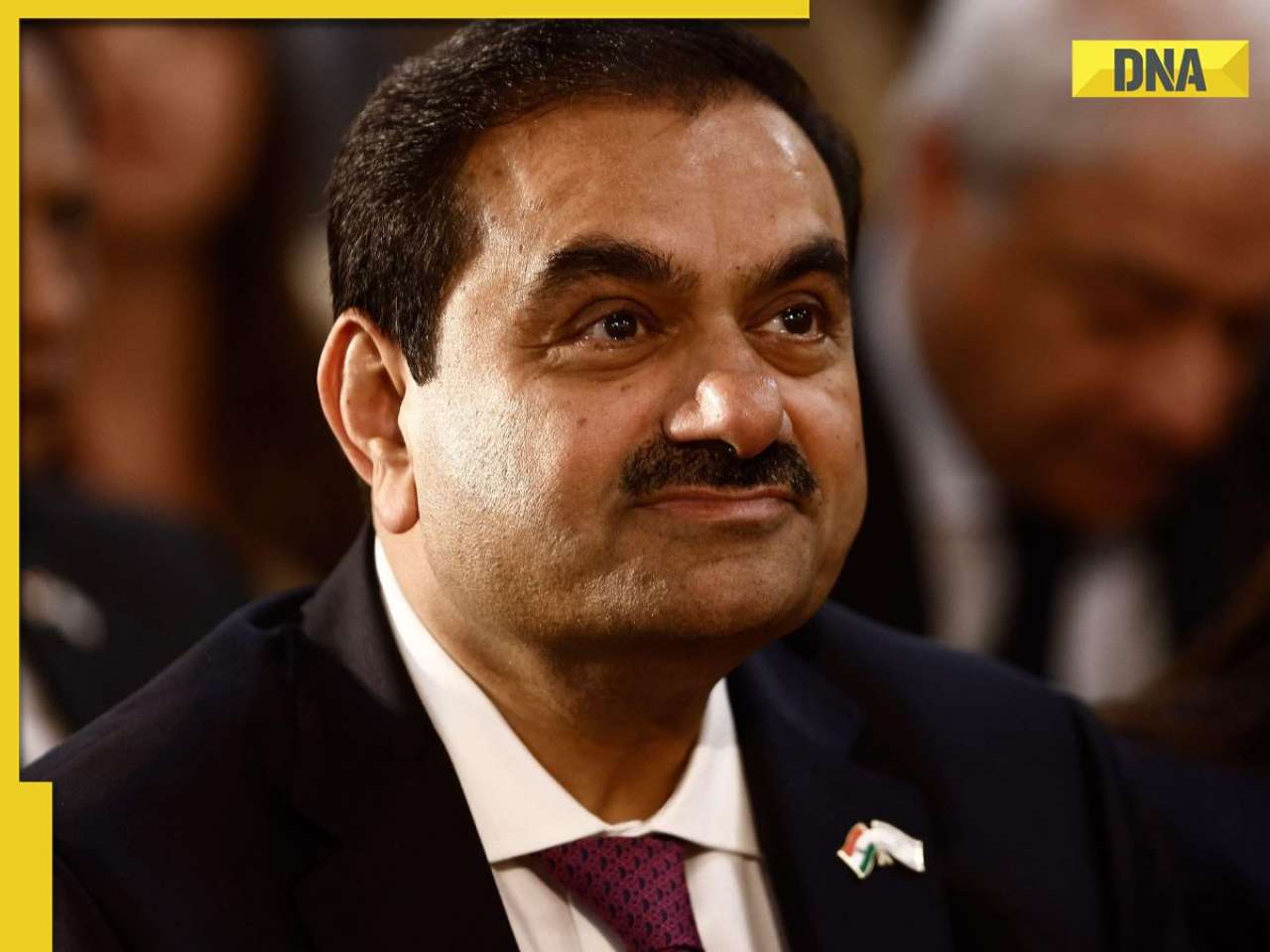








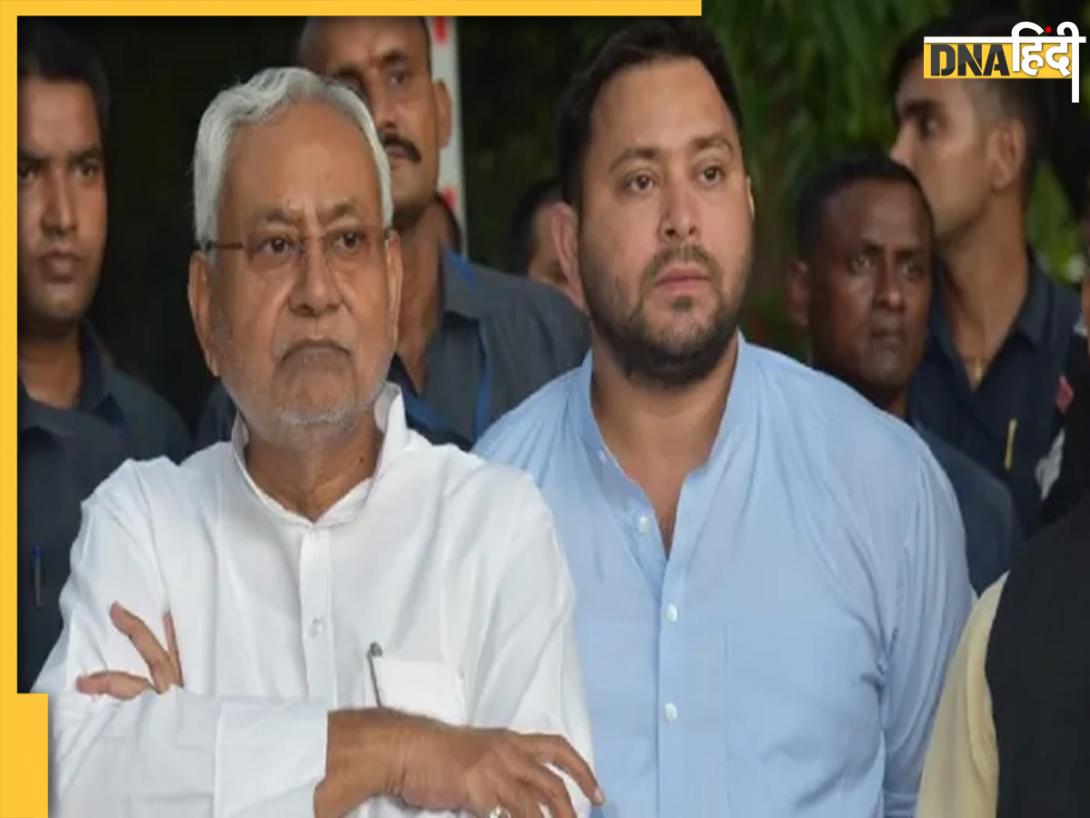

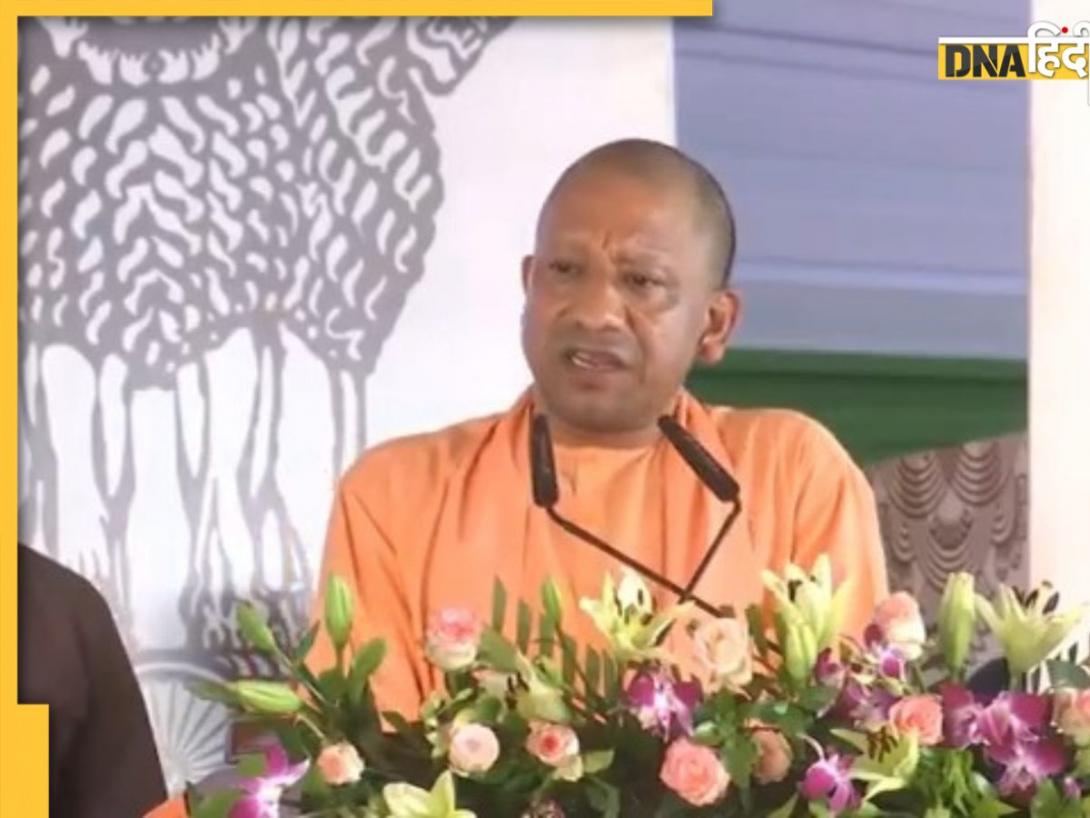












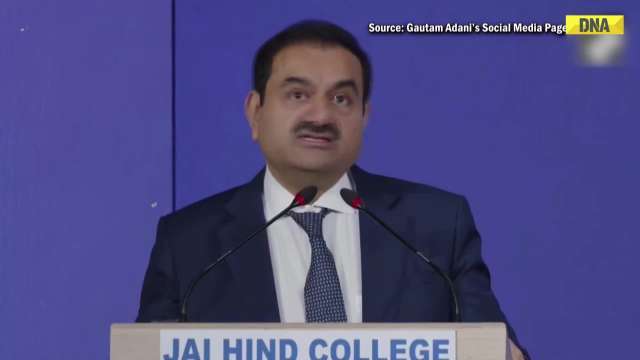




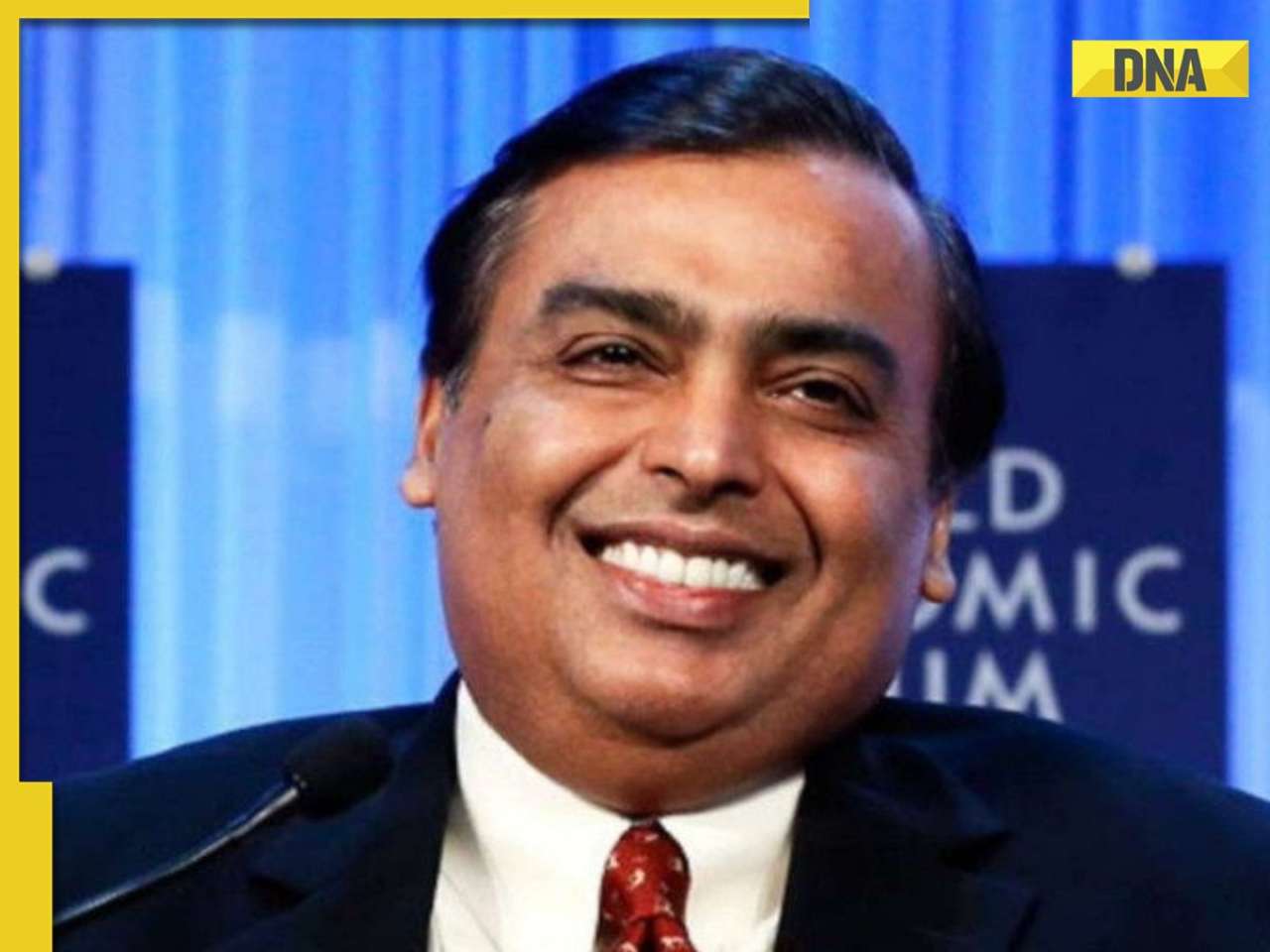





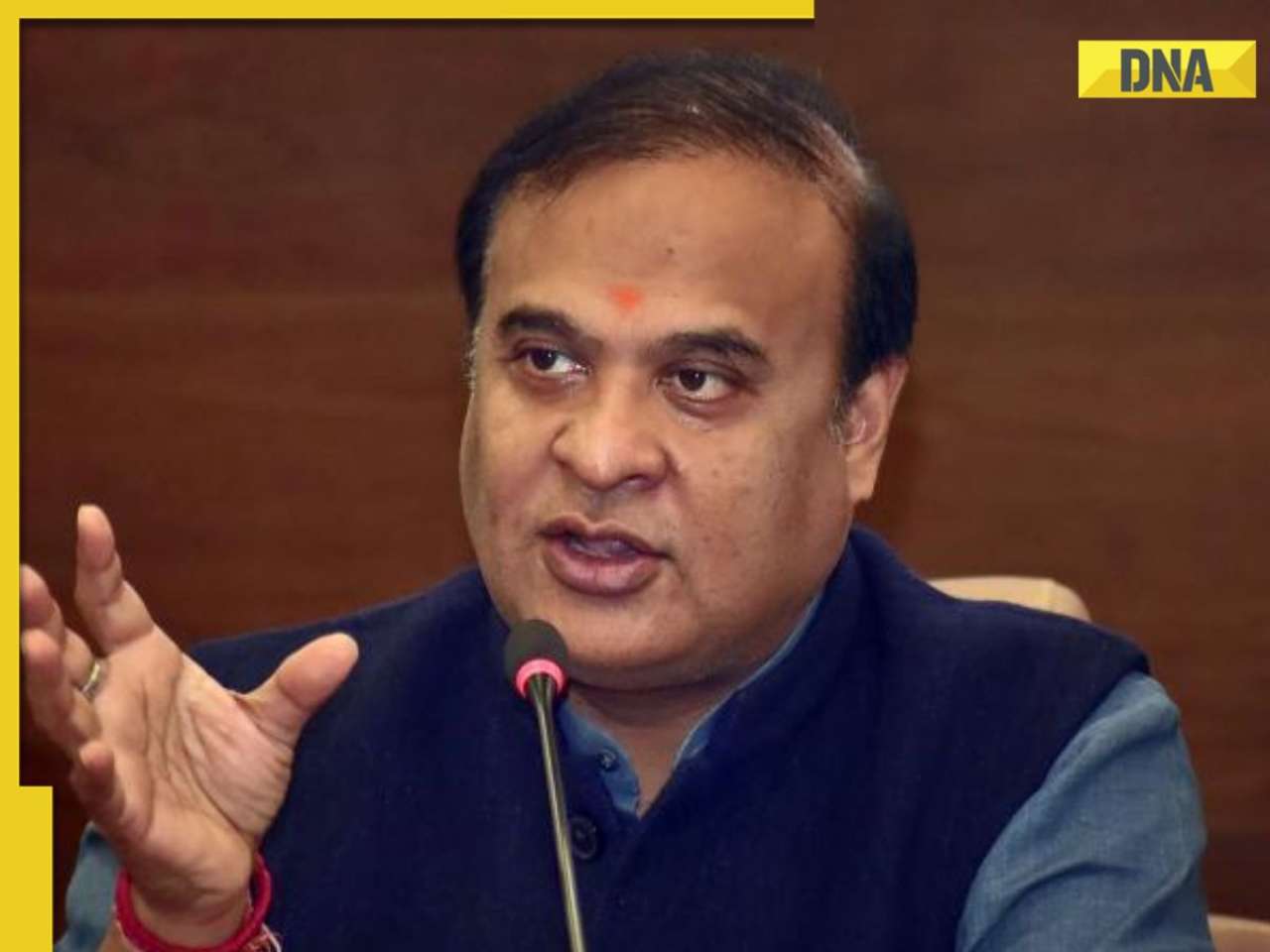





)
)
)
)
)
)
)
)
)
)
)
)
)
)





)
)
)
)
)
)